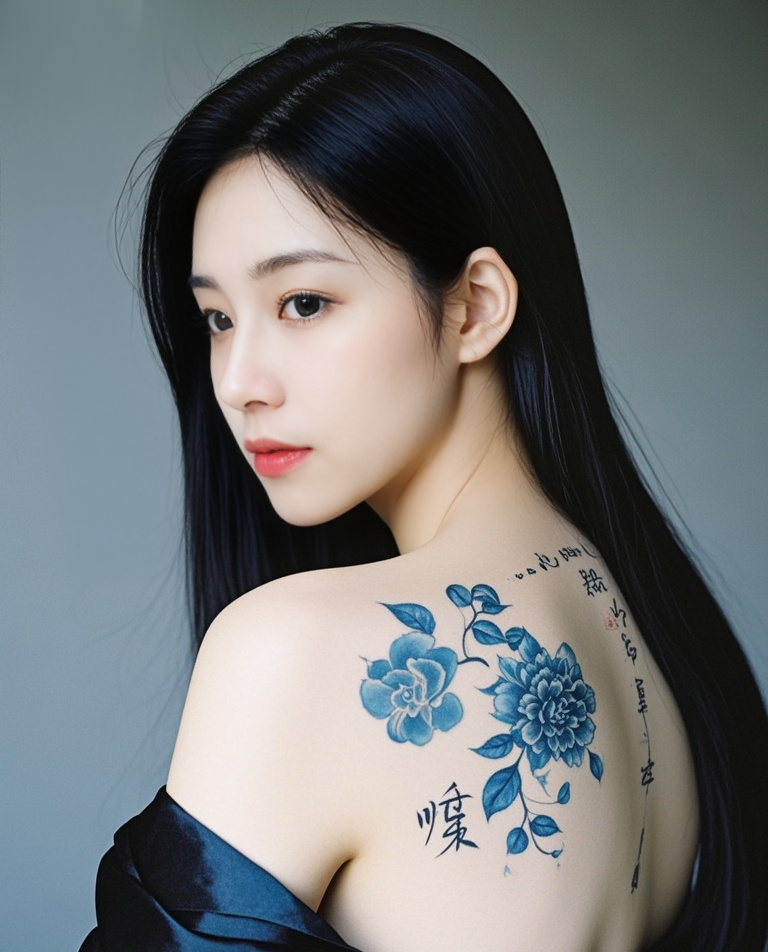 1. Direct Meaning and Breakdown of the Kanji "朕" (Chin)
1. Direct Meaning and Breakdown of the Kanji "朕" (Chin)
The kanji 朕 is one of the most politically and historically charged characters in the Japanese language.
Core Meaning: The "Royal We" or "Imperial We." The first-person pronoun used exclusively by the Emperor of Japan.
Keyword: The imperial "I."
Pronunciation:
チン (Chin): The only on'yomi (Sino-Japanese) reading.
Etymological Breakdown and History:
The character's original meaning in ancient China was far more mundane:
月 (Nikuzuki - "flesh/moon" radical): This radical often relates to the body.
关 (Hirogeru - a component meaning "to expand")
The original meaning was the seam in a boat or, by extension, a "bodily crevice" or "sign/omen." It was a generic first-person pronoun used by Chinese nobility.
Radical Shift in Japan:
This character was adopted into Japan and, over centuries, was elevated to an extreme level of exclusivity. By the time of the Meiji Restoration (1868), its use was legally restricted. The Meiji Constitution (1889) explicitly stated in Article I: "The Emperor is the head of the Empire, combining in Himself the rights of sovereignty..." and the Emperor referred to himself solely as 朕.
The post-WWII Constitution (1947) stripped the Emperor of his political divinity and power. The current Emperor, by convention, now uses the more standard pronoun "watashi" (私) in public addresses. However, the word 朕 remains inextricably linked to the concept of the pre-war and wartime Emperor, a symbol of imperial sovereignty and State Shinto.
2. "朕" as a Tattoo: Meanings, Warnings, and Severe Implications
Choosing "朕" as a tattoo is highly controversial, politically charged, and strongly discouraged for the vast majority of people, especially foreigners.
Potential (But Highly Problematic) Personal Meanings:
It is difficult to conceive of a positive or neutral personal meaning for this character. Any attempt would be overshadowed by its historical weight.
A Statement of Absolute Self-Belief (Extreme Ego): In a modern, decontextualized sense, someone might interpret it as the ultimate symbol of self-confidence, meaning "I am the ruler of my own destiny." However, this interpretation is naive and ignores the severe historical and cultural context.
An Interest in Japanese History: A scholar or historian with a deep, academic focus on the Meiji or WWII eras might be fascinated by the symbol. However, even for them, wearing it as a tattoo would be highly unusual and questionable.
Severe Warnings and Potential Consequences:
This is one of the most dangerous and ill-advised kanji to get as a tattoo. The risks far outweigh any potential meaning.
Association with Japanese Ultranationalism and Militarism: The primary and overwhelming association of 朕 is with the pre-war imperial system, Japanese militarism, and the actions of the Empire of Japan during WWII. In modern Japan, this symbol is most likely to be used by right-wing ultranationalists (uyoku dantai). A tattoo of 朕 would almost certainly be interpreted as an expression of sympathy for these extremist views.
Extreme Offense and Cultural Insensitivity: For many Japanese people, particularly the older generation and those whose families were affected by the war, this symbol is a painful reminder of a dark period. Displaying it would be seen as profoundly disrespectful and ignorant.
Social Ostracism and Danger: In Japan, visible tattoos can already cause issues with entry to onsens, gyms, and some businesses. A tattoo of 朕 could lead to direct confrontation, hostility, or even violence from those who oppose its political message. It marks the wearer as holding potentially dangerous political views.
Misrepresentation: As a foreigner, getting this tattoo would be seen as appropriating a deeply sensitive symbol without understanding its horrific historical impact. You would be labeling yourself with a symbol of a regime that committed significant atrocities across Asia.
3. Design and Styling Suggestions
There are no recommended design suggestions for this kanji as a tattoo. The only appropriate advice is to strongly recommend against its use in any tattoo context.
Summary
| Aspect | Explanation |
|---|---|
| Kanji | 朕 |
| Pronunciation | Chin |
| Core Meaning | The first-person pronoun "We/I" used exclusively by the pre-war Japanese Emperor. |
| Tattoo Meaning | Effectively, none that are socially acceptable. It is overwhelmingly interpreted as a symbol of ultranationalism, pre-war militarism, and imperial sovereignty. |
| Suitability | Extremely poor and highly dangerous. It is unsuitable for virtually everyone. Getting this tattoo demonstrates a severe lack of cultural and historical understanding and can lead to serious social repercussions, including offense, hostility, and physical danger in Japan. |
Final and Unequivocal Advice:
Do not get this tattoo.
If you are drawn to the concept of "self-sovereignty" or "master of my own fate," there are countless other kanji and symbols that convey this meaning without the devastating historical baggage. Consider words like:
我 (Ware / Ga): "I," "self," "ego." (Has a strong, individualistic connotation).
自 (Ji / Shi): "Self."
主 (Shu / Nushi): "Master," "lord," "main." (As in 自主性 jishusei - "autonomy").
運命 (Unmei): "Destiny." (You are the "master of your destiny" - 運命の主).
Choosing any of these over 朕 is a respectful and intelligent decision. The kanji 朕 is not a symbol of personal empowerment; it is a political and historical lightning rod.